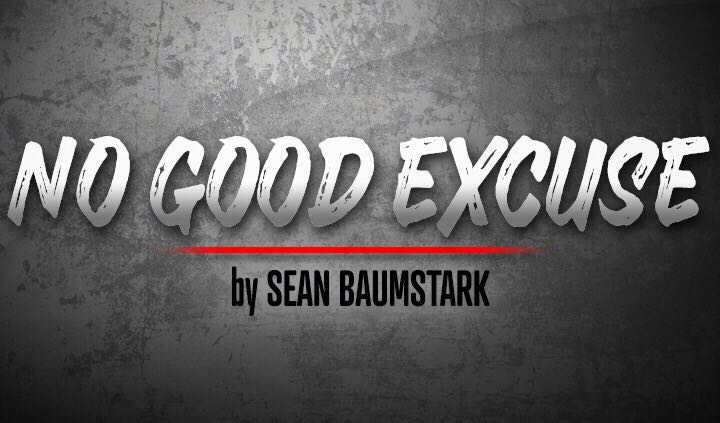Learning a Lesson in Customer Service from a Recent Airline Experience
Written by |

If you follow me on social media, you probably saw this column coming. In fact, I feel like I can’t write about anything else this week other than my recent travel experience.
To be fair, I’m not writing out of frustration or anger, and I’m not going to pick on one airline or a particular business. What’s been on my mind since my manual wheelchair was destroyed while in an airline’s possession is the lesson I learned in customer service.
My full-time job is training new hires for Nugget Markets, a small grocery chain with 15 stores in Northern California. It is also one of Fortune’s 100 best companies to work for in 2020. We pride ourselves on superior service and quality products. Although a lot goes into our daily operations, the cornerstone of our success is the commitment and execution of unexpected service that we offer our customers.
As a trainer, I feel responsible for helping to explain and exhibit our standards of service and other key elements of our culture. My job is to help new associates understand and deliver what we believe is world-class service.
Many of the examples and stories I share in our orientation process come from the experiences I encounter as a guest or a customer in my daily activities. I’m constantly taking note of what is both impressive and frustrating as a consumer. I share what moves me to be a loyal patron or what keeps me from doing business with an establishment in the future.
Unfortunately for me, some airlines are unavoidable due to flight patterns, destinations, or affordability. I’d love to avoid the “ABC” airline, but if they offer a significantly lower fare than the “XYZ” airline, I’ll just have to put on my big boy pants and bite the bullet on my principles.
Restaurants, however, don’t get this benefit from me.
Recently, I was returning home from a quick trip to New Jersey. I had a connecting flight before my final destination and discovered that my wheelchair was inoperable. I’m not sure if I’m growing in my patience and flexibility, or if I was just so exhausted from this trip, but I didn’t flip out. I almost chuckled at my dilemma and asked the agents involved what they thought should happen next.
We didn’t do much about the chair at that moment besides getting it onto my next flight. The plane was being held for me, so it was a scramble.
After landing at my final destination, it was obvious that my new flight crew didn’t know my wheelchair was broken. I was delayed while we waited for a secondary airport chair to transport me. It was almost midnight, and I was tired from the trip. But I couldn’t go home without a safe and working wheelchair.
I began a claim submission at the baggage claim and eventually left with a loaner wheelchair. The airline kept my chair to have it repaired.
The next morning, someone from the airline’s corporate office called me to try to figure things out. The report they had received was incomplete and somewhat inaccurate. It took three calls to me before they understood the issue and the actions they needed to take to resolve my incident.
Three calls.
Along the way, every agent and employee was attentive and patient. Nobody was over-the-top apologetic or seemed sincerely concerned with my dilemma, but nobody was rude, passive, or unfriendly. But every step along the way was hindered by a complete lack of communication, grossly affecting my belief in this airline.
I’m not bothered by the damaged wheelchair. I’m confident they will handle the repairs.
Things break, systems fail, and people make mistakes. My frustration lies with the culture of, “Whatever, someone else will figure it out” that this company seems to foster. Their lack of follow-through is what has me questioning whether to use their services in the future.
I may not be able to affect how multi-billion-dollar corporations operate, but I can learn from their failures. I can lean on their shortcomings to define standards of excellence in my own life.
Thanks to experiences such as this, I have a better understanding of what world-class service is — and what it is not.
***
Friedreich’s Ataxia News is strictly a news and information website about the disease. It does not provide medical advice, diagnosis, or treatment. This content is not intended to be a substitute for professional medical advice, diagnosis, or treatment. Always seek the advice of your physician or another qualified health provider with any questions you may have regarding a medical condition. Never disregard professional medical advice or delay in seeking it because of something you have read on this website.



Barbie
You seem like a humble guy! I had a similar experience. Thanks, for sharing.
Sean Baumstark
Sometimes, ha. Thank you for reading and your affirmation.